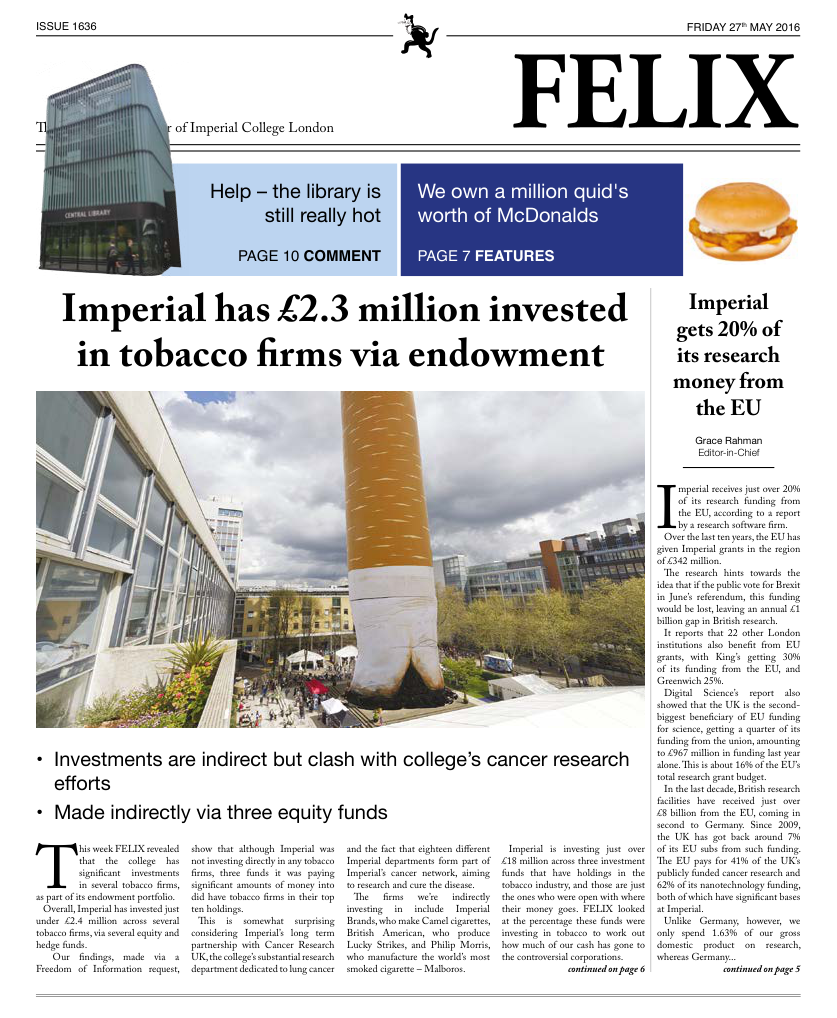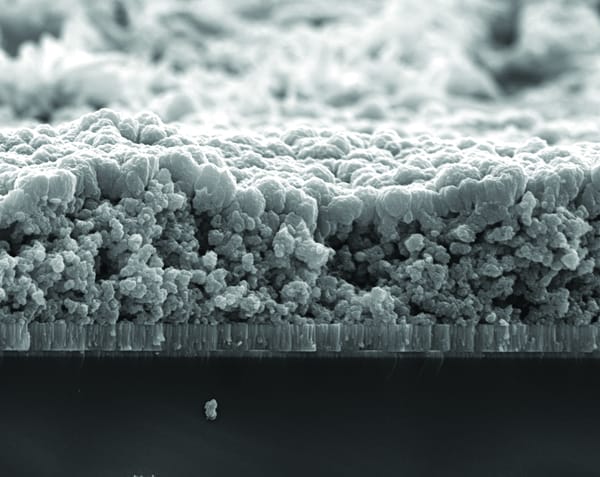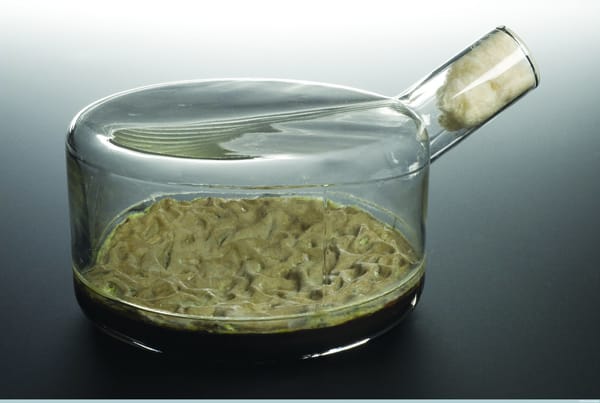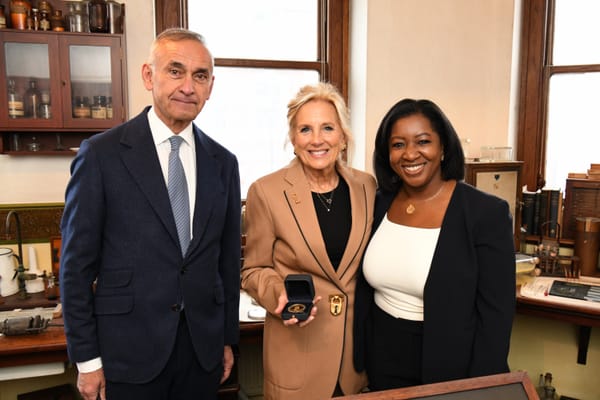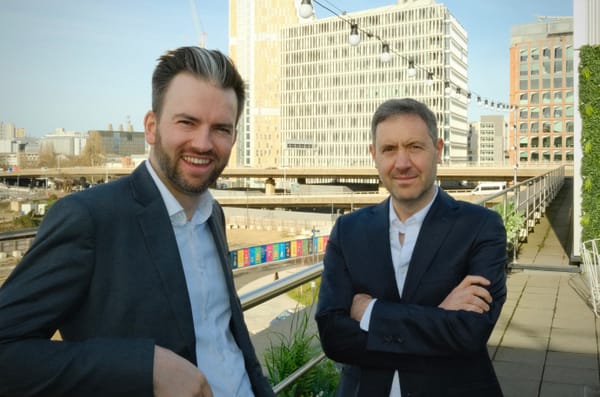It’s hard out there for class A drug research
Imperial psychiatrist talks to FELIX about the difficulties of psychedelic research
Over the past year, a dozen patients have been fortunate enough to participate in an innovative study, led by Dr Robin Carhart-Harris, exploring a novel treatment for depression. Last week it was announced that all twelve, though resistant to conventional treatments, responded positively to this new antidepressant. Only it wasn’t exactly a new antidepressant they were responding to. It was psilocybin, a compound known for making some mushrooms... magic
Psilocybin was in fact chemically isolated in the 50s and has been celebrated in many cultures for millennia. Despite its cultural significance though, it is currently a class A, schedule I drug, making not only its possession a criminal offence that can lead to up to seven years in prison, but also making it nearly impossible for scientists to get their hands on.
For the conduction of the Carhart-Harris study for example, the artificially manufactured psilocybin had to be approved by the Home Office.
“It had to be stored incredibly securely in a certain building at Hammersmith Hospital and in order for us to prescribe it, you had to have your name on the Home Office high list as a schedule I prescriber” says Dr Camilla Day, one of the psychiatrists helping on the study.
These strict regulations governing psilocybin use are a result of the 2005 Drug Act, which effectively made it easier to access highly addictive narcotics such as methadone, a heroin substitute, than shrooms.
But there's more than just bureaucracy hindering access and research. There's a stigma. As put by Day, “Although you don't see any objective evidence for preventing the research of these drugs, because of the whole cultural and moral status quo you are a bit anxious.”
Indeed challenging the status quo can cost scientists their careers, as was illustrated by Professor David Nutt who lost his position as the government’s chief drug advisor in 2009. But for many it is worth the risk. “This is a substance which could have beneficial effects for many people given in the right setting with appropriate support, and it is the alternative of not researching it that I find incredibly immoral” continues Day.
The sentiment is shared by many other researchers willing to stake their reputations studying medical applications of illegal substances such as Ketamine and MDMA. Day herself will continue working on the Carhart-Harris study, starting a randomised control trial next February.
“It is really important for this research to go ahead. We’re at the forefront of an exciting field."


